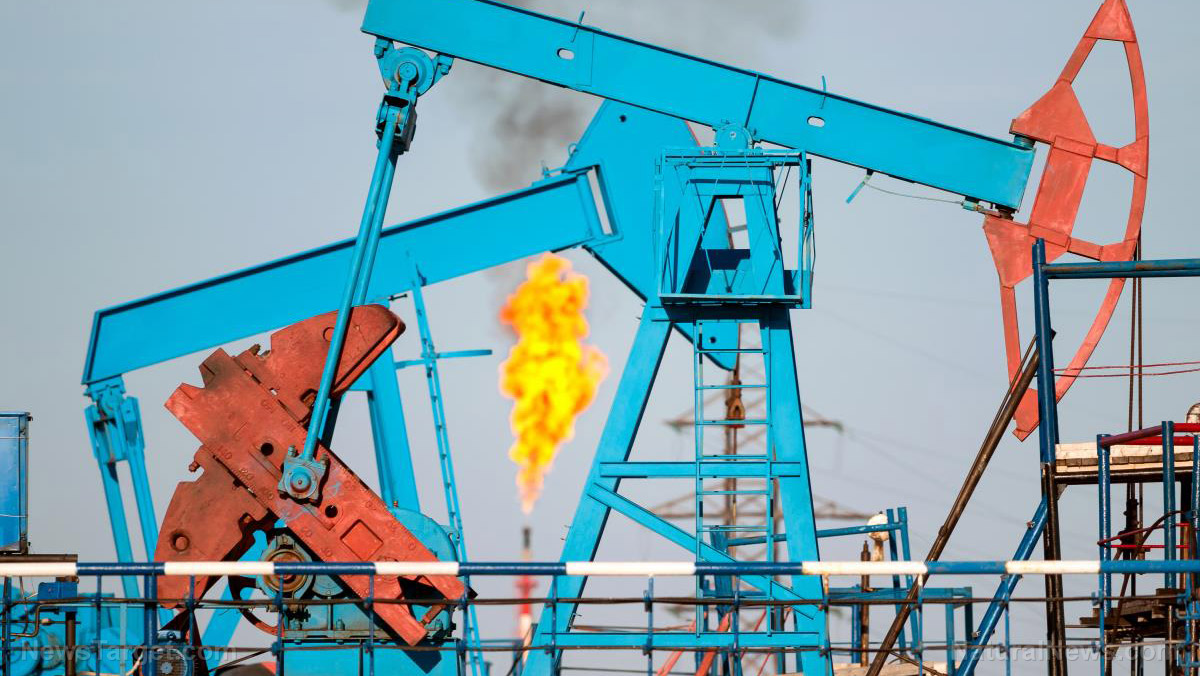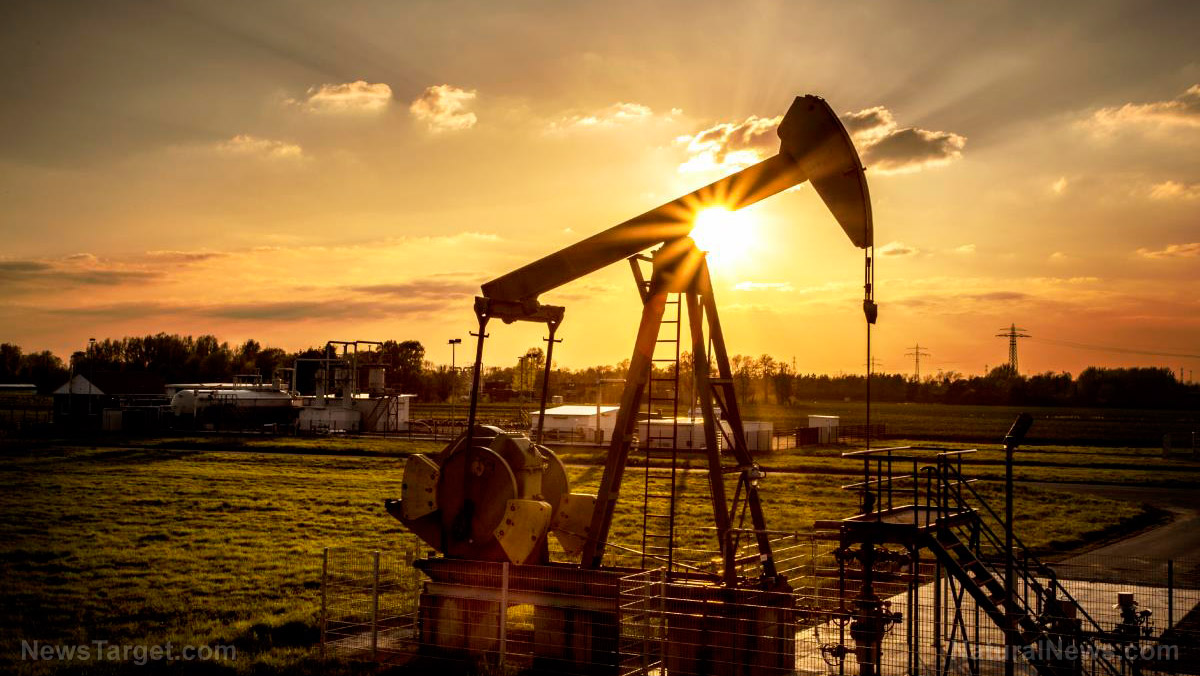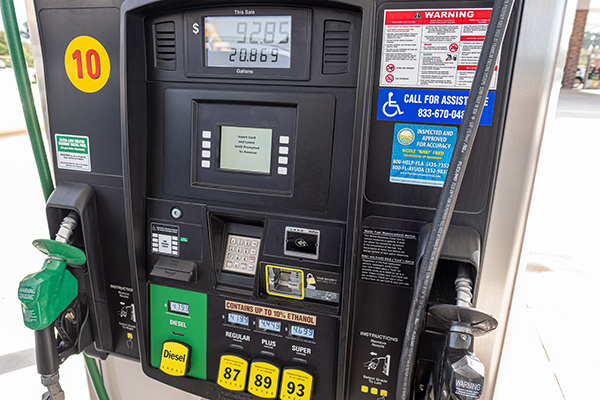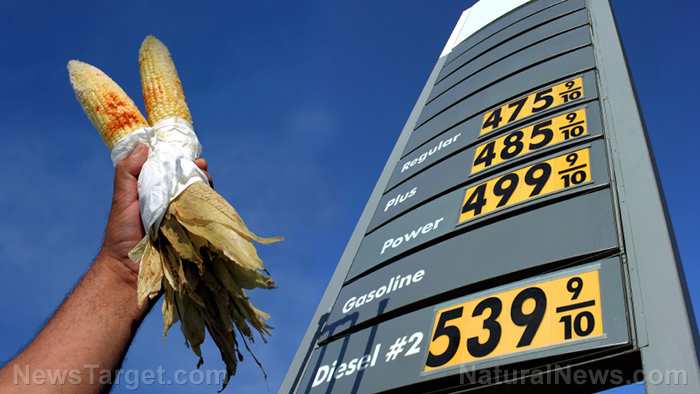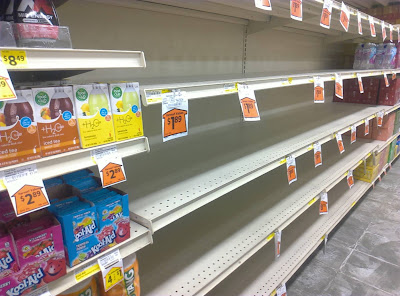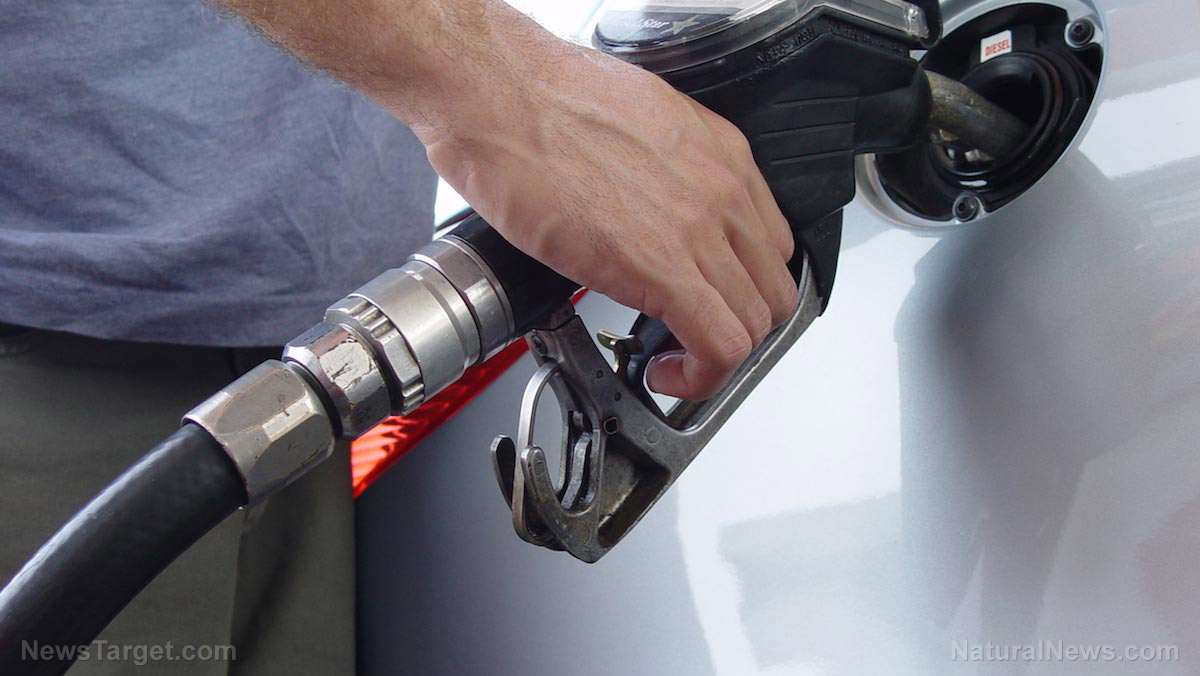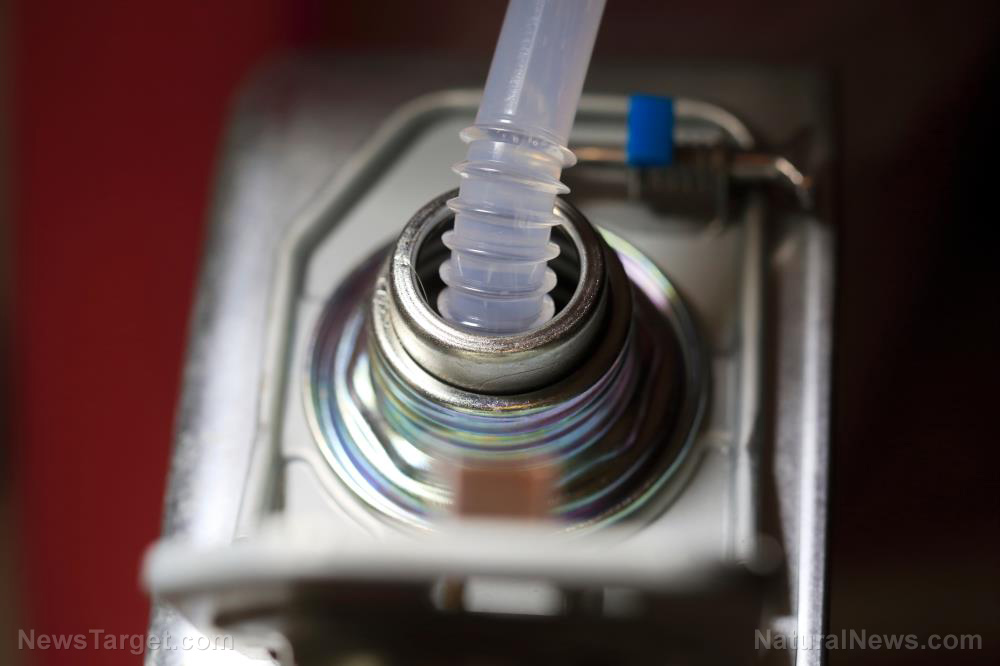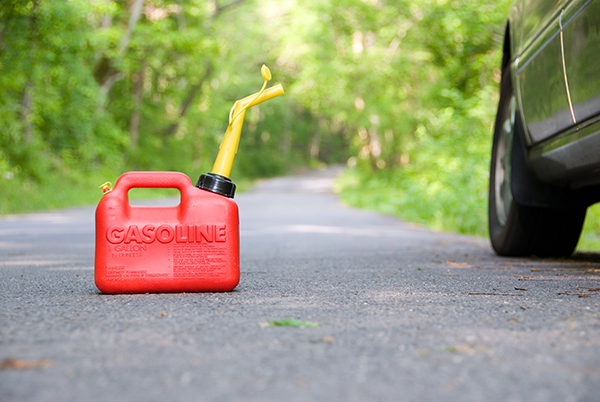Gasoline supplies COLLAPSE across southern states as cyber hack of pipeline wreaks regional economic havoc
05/12/2021 / By Ethan Huff
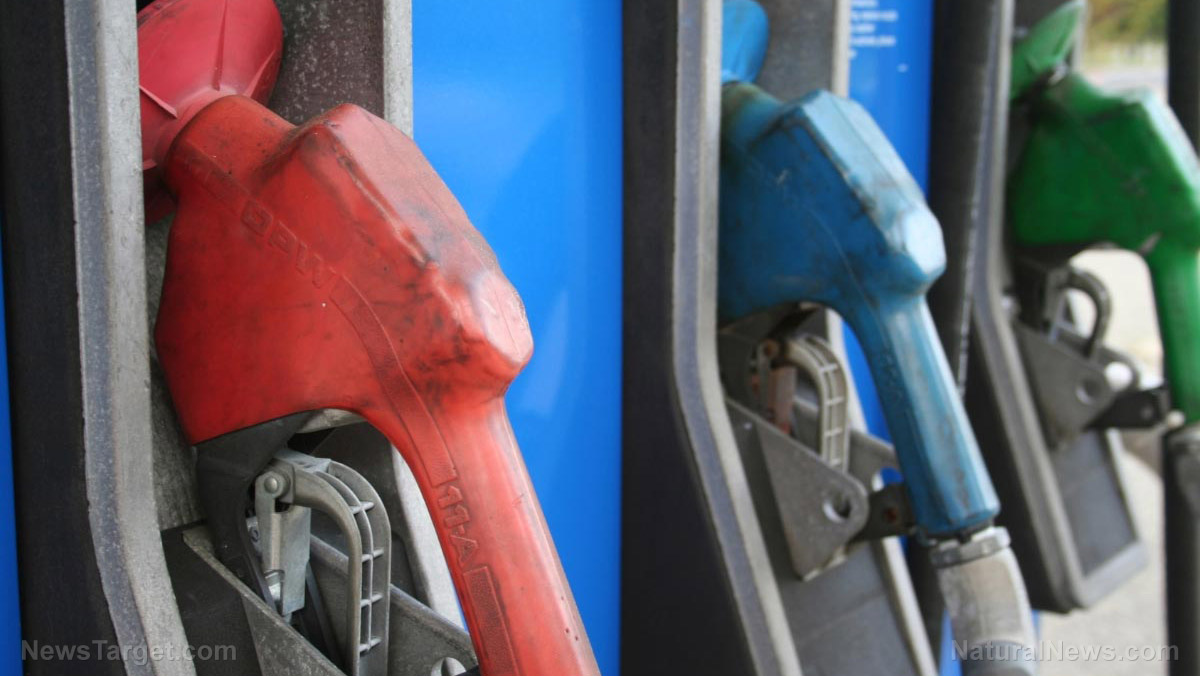
Seventeen states are now under a state of emergency declaration as fuel shortages from the Colonial Pipeline ransomware attack continue to spread.
Alabama, Arkansas, Delaware, Florida, Georgia, Kentucky, Louisiana, Maryland, Mississippi, New Jersey, New York, North Carolina, Pennsylvania, South Carolina, Tennessee, Texas, Virginia, and Washington, D.C., are all seeing dwindling supplies and higher prices amid ongoing efforts to bring the system back online.
According to Energy Secretary Jennifer Granholm, the federal government “will have no tolerance for price gouging” during this crisis. She encouraged gas station owners to “act responsibly” by pricing their gas fairly.
The goal is to have the Colonial Pipeline “substantially operational by the end of this week and over the weekend,” Granholm added during a White House press briefing.
In some areas of the South, drivers are having to wait up to five hours to fill their vehicles with gas. Others have been unable to find a station that still has available gas as lines wrap around entire city blocks.
One section of the pipeline between Greensboro, N.C., and Baltimore was reportedly turned back on briefly, but is apparently back to being non-operational.
RaceTrac Petroleum Inc. reported that its filling stations in Louisiana, Georgia, Tennessee and Alabama are currently experiencing shortages. Other gas chains are reporting similar shortages.
According to AAA, the disruption and associated shortages has sent the national average price for gasoline soaring to $2.985 per gallon, the highest since 2014 when Barack Hussein Obama was occupying the White House.
Much like what happened last year with the toilet paper shortage, panic is driving some to hoard available gas, bringing extra cans with them to the station and filling them all up.
“The line goes out of the gas station’s parking lot,” reported one Twitter user on the ground in Carrboro, N.C., where the situation is worsening.
Other areas reporting long lines and dwindling supplies include Asheville, N.C., Atlanta, Nashville and Tallahassee, Fla.
Georgia suspends gas tax to help keep prices low
Reports indicated that the Colonial Pipeline provides about 45 percent of the South’s entire gas supply. Having it offline, in other words, is having a crippling effect on the region’s economy.
“This shutdown will have implications on both gasoline supply and prices, but the impact will vary regionally,” indicated AAA spokesperson Jeanette McGee.
“Areas including Mississippi, Tennessee, and the East Coast from Georgia into Delaware are most likely to experience limited fuel availability and price increases as early as this week. These states may see prices increase three to seven cents this week.”
According to Google Search Trends, southerners began panic searching for the terms “gas shortage” and “gas cans” in the early afternoon on May 10.
On Tuesday, Georgia became the first state to halt its gas tax in an effort to keep prices down for residents.
“Today, I signed an executive order suspending the gas tax in Georgia to help with higher prices as a result of the Colonial cyberattack,” Gov. Brian Kemp announced. “We are working closely with Colonial and expect for them to recover by the end of the week.”
“Unfortunately, extensive media coverage has caused people to panic, which has resulted in higher gas prices,” he added.
The Gas Buddy app reported that five states – Georgia, Florida, South Carolina, North Carolina and Virginia – all saw gas demand skyrocket by 40 percent on Monday alone.
“We expect these measures to be temporary, as Colonial plans to be fully up and running later this week,” Kemp further added to reassure the public that panicking is unnecessary and will only make the problem worse.
More related news about America’s vulnerable critical infrastructure can be found at Collapse.news.
Sources for this article include:
Submit a correction >>
Tagged Under:
chaos, collapse, Colonial Pipeline, cyber war, disruption, emergency, fuel supplies, gas, hoarding, infrastructure, panic, sabotage, shortage, south, supply lines
This article may contain statements that reflect the opinion of the author
RECENT NEWS & ARTICLES
COPYRIGHT © 2022 FuelSupply.news
All content posted on this site is protected under Free Speech. FuelSupply.news is not responsible for content written by contributing authors. The information on this site is provided for educational and entertainment purposes only. It is not intended as a substitute for professional advice of any kind. FuelSupply.news assumes no responsibility for the use or misuse of this material. All trademarks, registered trademarks and service marks mentioned on this site are the property of their respective owners.


